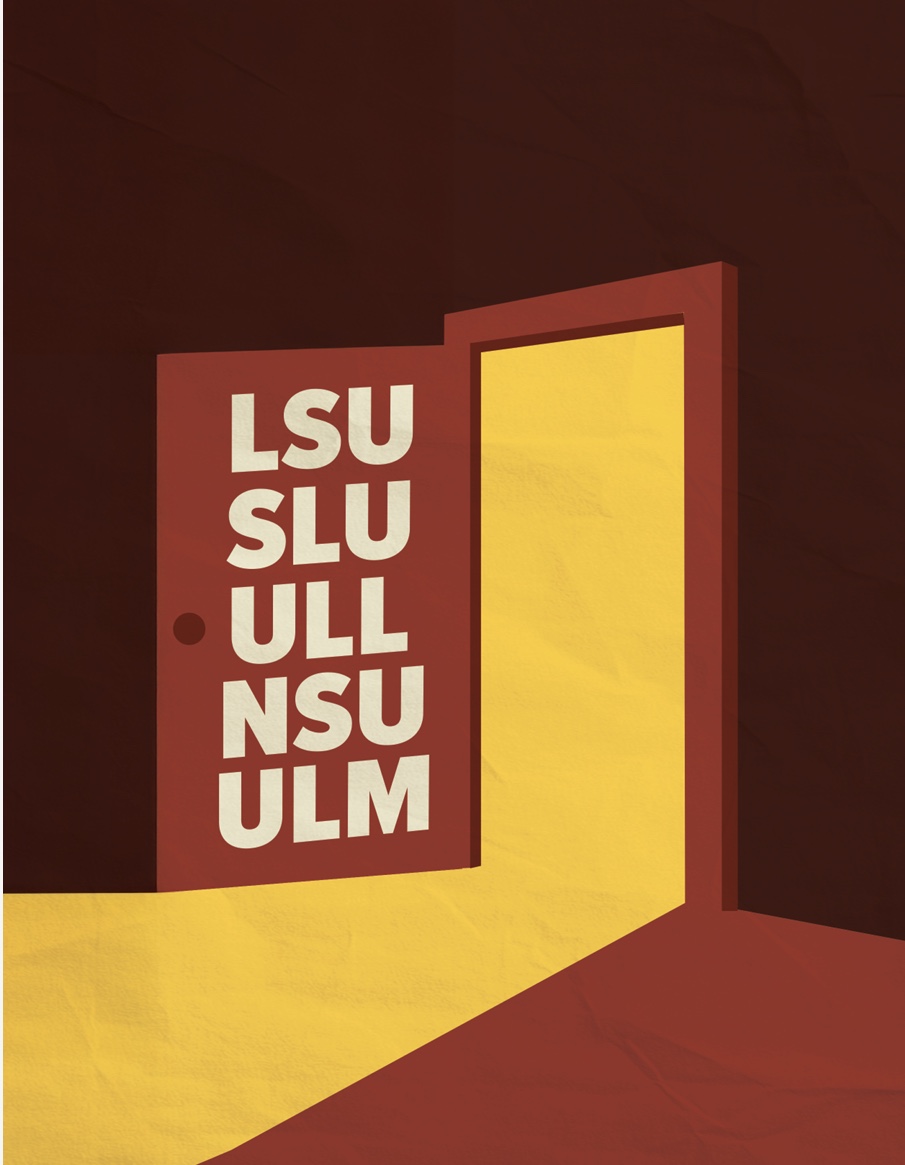To call the University Student Board of Appeals a “broken system” would be to overstate its existence. At Loyola, there is no longer any such system to break. What passes for an appeals process now is, in fact, little more than a formalized plea — an act of asking, with remarkable politeness, that the very individual whose role it is to find fault reconsider their decision, perhaps out of an unexpected sense of benevolence. It’s a setup that, unsurprisingly, does not inspire confidence in its fairness, let alone its sustainability as a credible approach to justice.
In Louisiana, the process following a criminal conviction grants defendants 30 days to file an official notice of appeal, allowing a higher court to review the case for legal and procedural errors. With this current system, Louisiana has a higher rate of exonerations per capita than almost any other state, and New Orleans has often been dubbed the “wrongful conviction capital of the U.S.” Let’s now remove the higher court and replace it with the person who initially got you convicted in the first place. Let’s now have the only way you get your appeal heard is if your prosecutor feels like hearing it. As you can imagine, if you believe you didn’t commit the crime the state says you committed, this does not bode well for you.
At Loyola University, this is the reality for students accused of violating the student code of conduct. The absence of an independent review mechanism means that the authority responsible for the initial judgment also has the final say, leaving students with little recourse and undermining the fairness of the process.
But it wasn’t always this way.
This abrupt change from a formal appeals process to the lack thereof appears to have happened without prior consultation — perhaps because such discourse would swiftly reveal the absurdity of lacking an appeals process for what is essentially a rerun of the trial. It’s natural to wonder what the rationale of removing such a measure would be in the first place, or if there’s any rationale at all. Loyola owes it to its students to be forthcoming. After all, those at risk of academic probation — or worse, expulsion — should have something to offer their parents as an explanation, particularly when it becomes clear that the right to appeal was an illusion.
The disbanding of the appeals board, as it turns out, was not without its own logic — if one can call it that. The official reasoning was: a lack of cases brought to the board, a lack of knowledge of its members, and as a natural consequence, a lack of training. In other words, because so few students sought to challenge decisions — presuming they were told the appeals board was an option — the University quietly abandoned the mechanism for doing so. The board operated without any clear record of who its members were, leading to a failure to provide the necessary training, which, of course, could not happen if no one knew who to train. Incompetency may be the obvious conclusion, but as ever, it’s the students who will pay the price for Student Affairs’ oversights.
There have been efforts to reinstate the appeals board, and hopefully, those efforts will be rewarded. The University Senate has already passed a resolution urging President Cole to restore the board, and Dr. Sarah Allison, the current senate chair, has been working closely with student affairs and the president’s office to advance this. But to be frank, this issue should never have been an issue. The disbanding of the appeals board was a misstep, plain and simple, and Loyola University owes its students an explanation — no matter how tenuous — as to why their rights were quietly revoked. Institutions of integrity don’t operate this way. Institutions genuinely invested in the well-being of their students don’t operate this way. But institutions looking to shield themselves, to smooth the path for their own convenience? They do it all the time.












